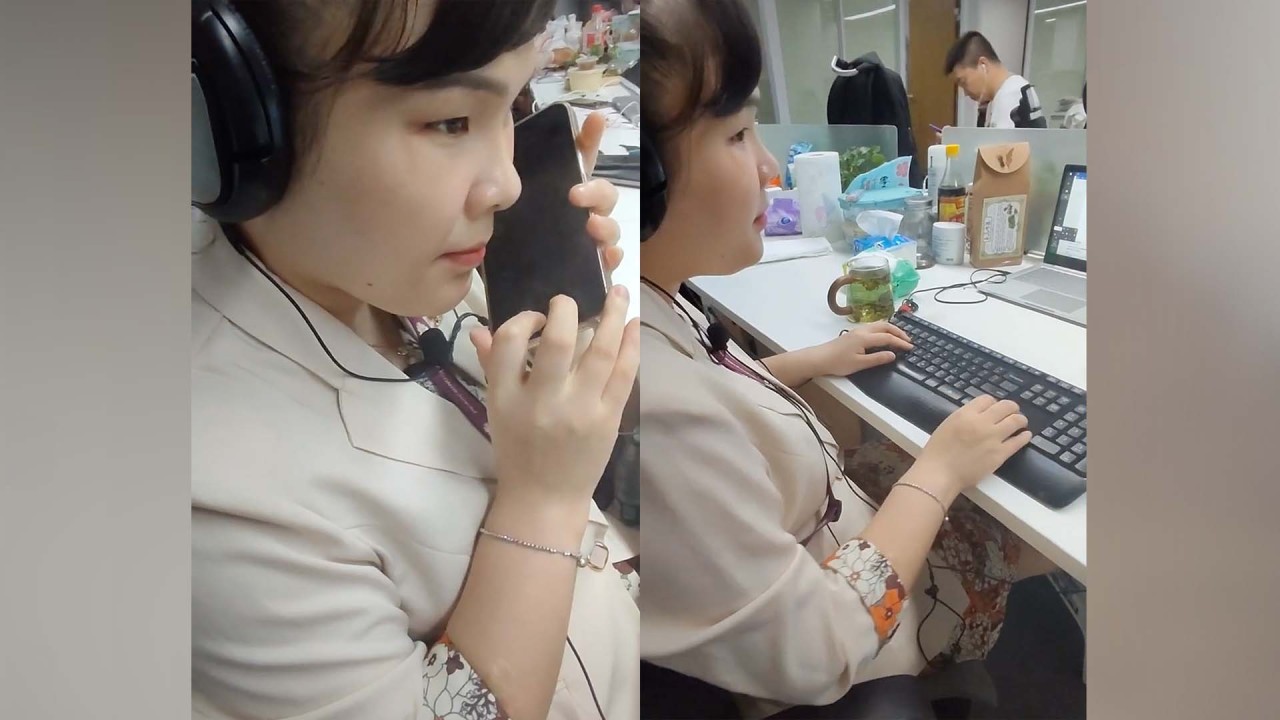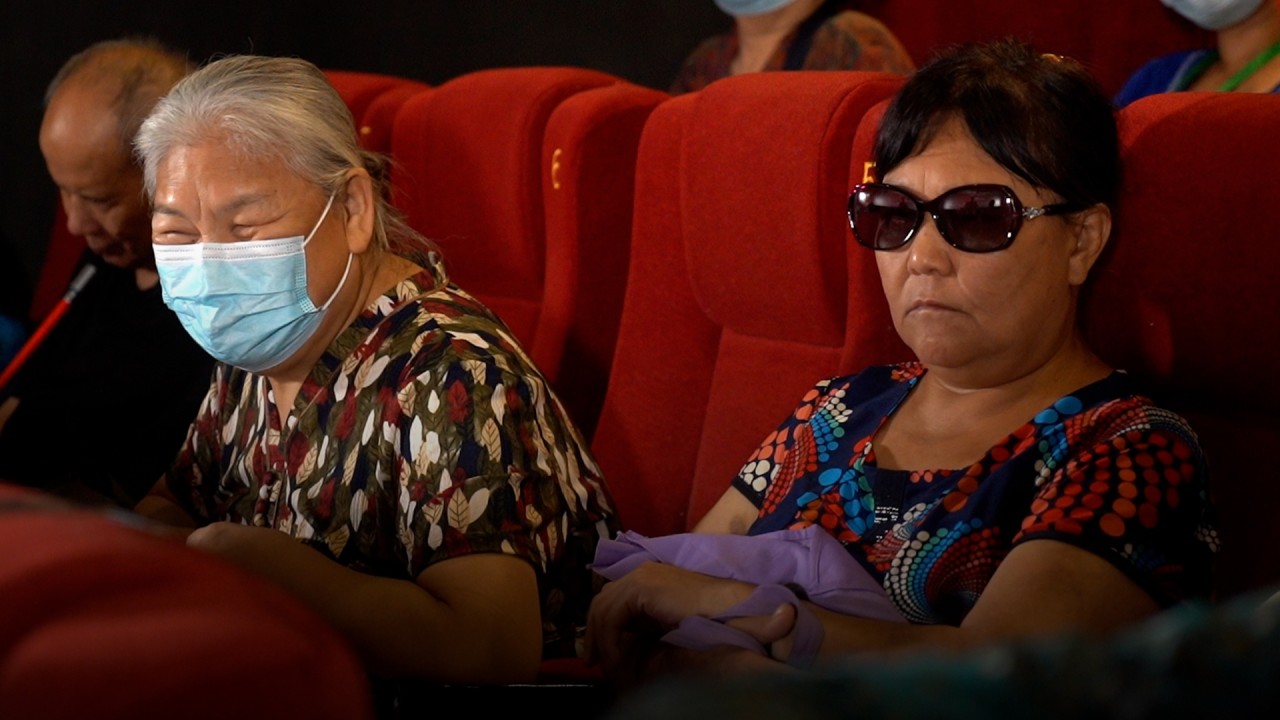
Reform Hong Kong’s laws to accommodate our disabled at work and elsewhere
- As poverty and job challenges grow, Hong Kong should change its laws so workplaces and other important areas in society provide reasonable accommodation for disabled people – a change that need neither be costly nor burdensome
The report provides no answer. A separate 2013 report showed that the pre-intervention poverty rate for disabled people hit 45.3 per cent that year, far higher than the 19.9 per cent territory-wide. The unemployment rate for disabled working-age people (18-64 years) was almost double that of the general population.
Examples may include installing screen-reading software for the visually challenged, captioning training videos for the deaf or hard-of-hearing, or allowing employees to work from home when they experience temporary mobility difficulties.
Of essence here is a mindset shift, from what is academically known as the medical model of disability – one focusing on the individual and pathology – to a social, right-based model that addresses institutional and attitudinal hurdles to inclusion.
Our law needs to evolve to reflect this modern approach to protecting disability rights already adopted in other common law jurisdictions such as Britain and Australia, where a failure to comply with the duty may constitute discrimination.
We are aware that some employers, especially small and medium-sized enterprises, worry that such a duty would increase their financial burden. Such concerns stem from a misunderstanding of the proposed duty, which would only require accommodation where it is “reasonable” and not disproportionate.
Reasonableness is a flexible concept designed to accommodate different circumstances. One factor is the precise needs of the disabled person concerned. Another is the financial position of the duty bearer. A local SME on a shoestring budget can hardly be expected to take the same steps as a well-resourced multinational corporation.
And to truly empower disabled people to participate in all aspects of society, the duty should not be limited to the workplace but should also cover other important areas including in education, service provision and access to premises.
The Equal Opportunities Commission’s experience in dispute settlement and conciliation tells us that many companies, when given the chance, are willing to address the needs of disabled people, from installing ramps at building entrances to visual fire alarms inside public housing for those with hearing difficulties.
Most recently, we are pleased to see a policy change by the MTR to now assist two wheelchair users to board and deboard the same train using a portable ramp provided by station staff upon request. Previously, portable ramp assistance was only available to one wheelchair user per train.
Ricky Chu Man-kin is chairperson of the Hong Kong Equal Opportunities Commission




